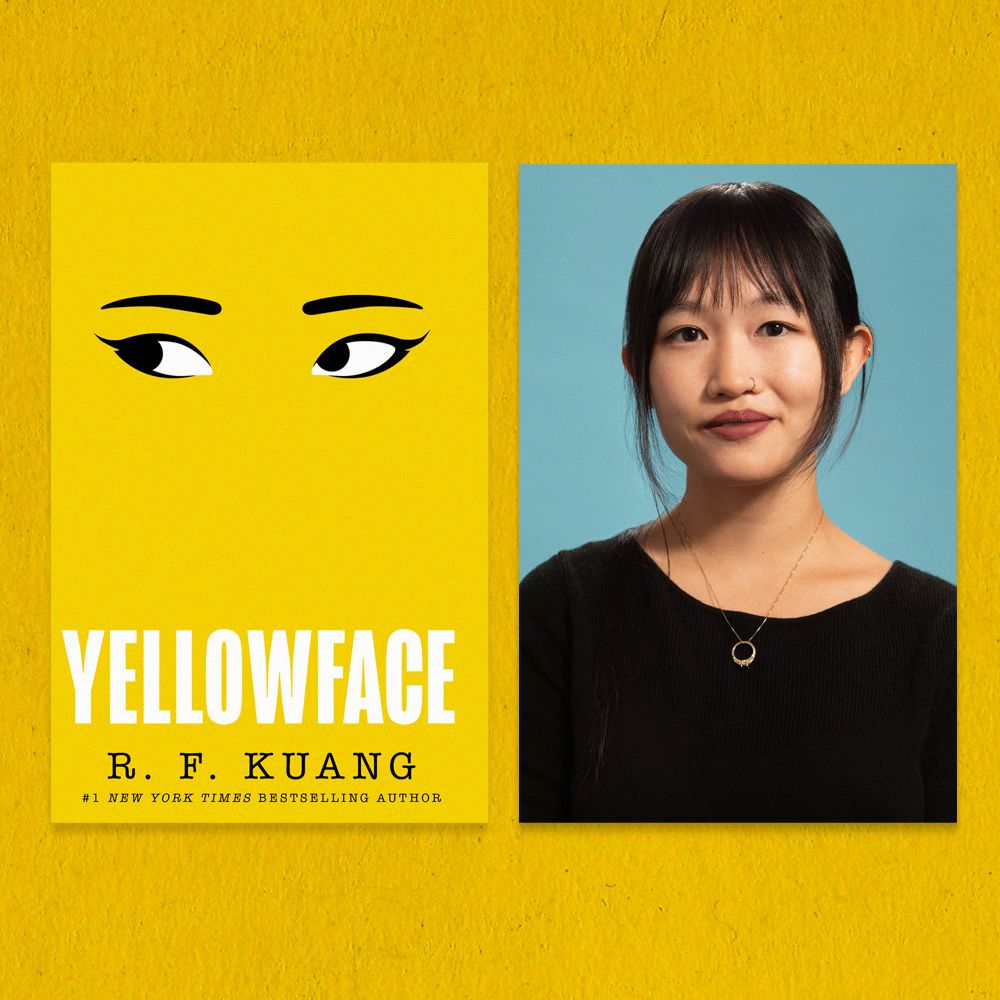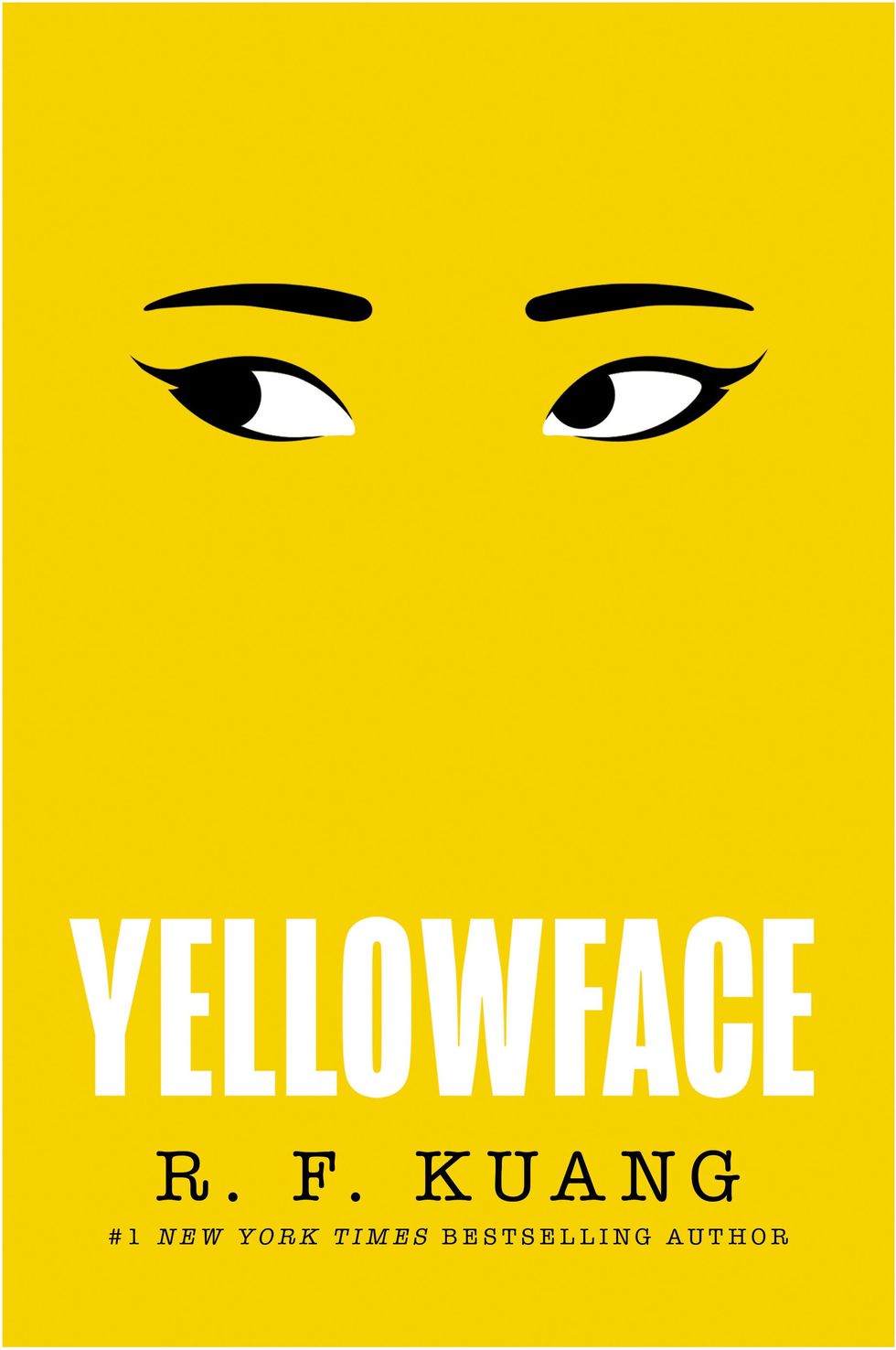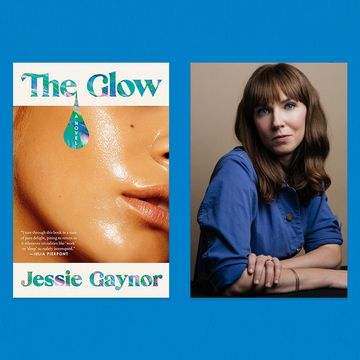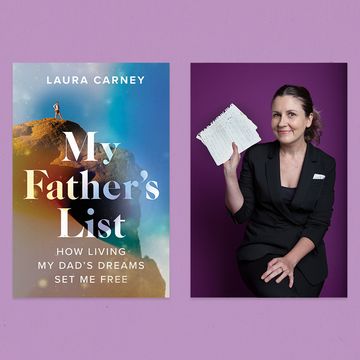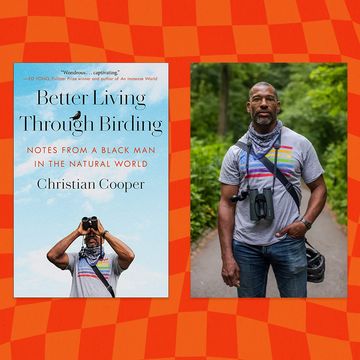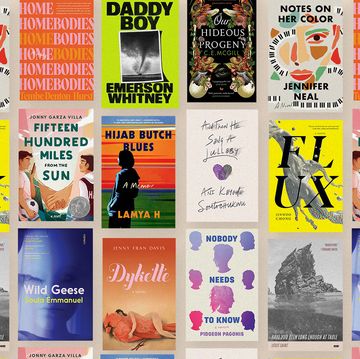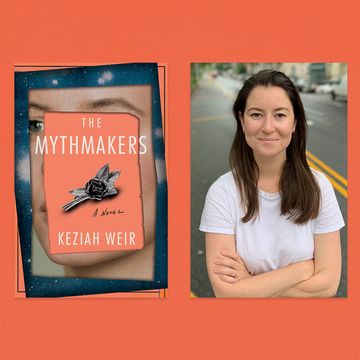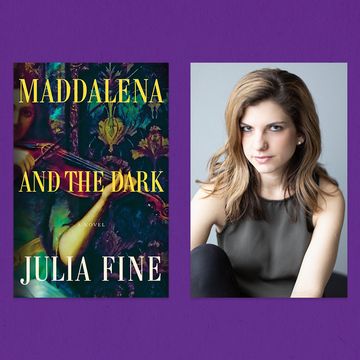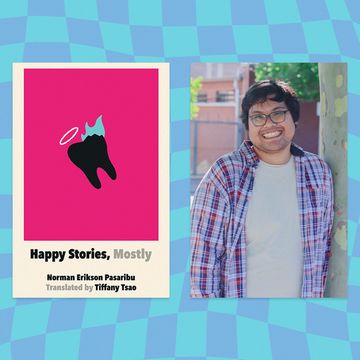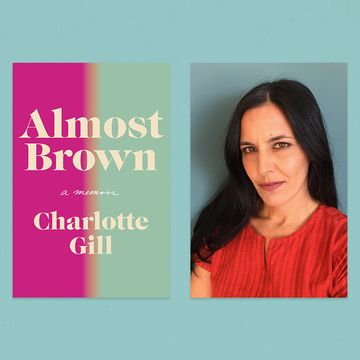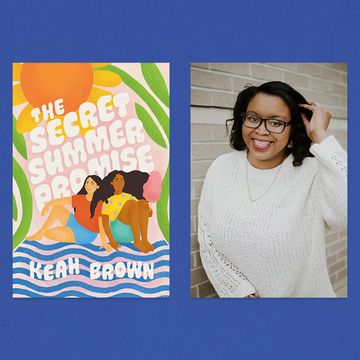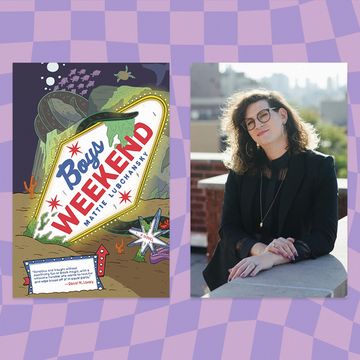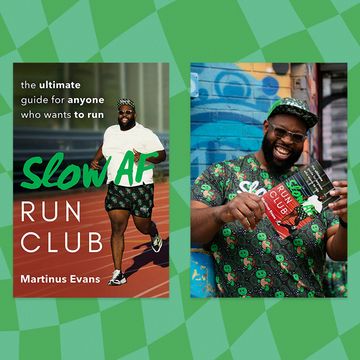R.F. Kuang, the best-selling author of the brilliant and immersive historical fantasy novel Babel: An Arcane History and The Poppy War trilogy, is departing from her tried-and-true genre with Yellowface. And anyone who’s had experience in the publishing and media industry may wince at the precision with which it is portrayed in this page-turning thriller.
Her new novel follows white writer June Hayward, who has sort of befriended the wildly successful publishing darling Athena Liu. But when Athena accidentally dies and June is the only witness, June decides to take an unfinished manuscript from Athena’s desk about Chinese soldiers in World War I and passes it off as her own. When the manuscript gets picked up for publication with a large advance and a huge marketing budget, June “rebrands” as Juniper Song and walks a racially ambiguous line while constantly justifying her profoundly unethical choices to herself. What unfolds is a riveting story of exploitation, moral authority, internet discourse, cancel culture, and capitalism.
Shondaland spoke with Kuang about the profit-driven publishing industry, complex characters, the nature of appropriation, and the un-nuanced arguments about writers staying in their lane.
SARAH NEILSON: Was there any initial seed or spark that inspired you to write such a book?
R.F. KUANG: I don’t think it was any one thing. It never is just one thing that makes me decide I have to go write this story. I think it was a combination of all sorts of conversations I’ve been having and witnessing about publishing. Late 2020 was this big watershed moment for a lot of people in publishing; it started off with protests all over the U.S. after George Floyd was murdered and then turned to conversations about anti-Blackness and racism and diversity in all sorts of creative industries. The conversation in publishing had shifted to how do we support marginalized writers, how do we diversify, all these promises that were being made, all these initiatives being announced, and all of this inner soul-searching that really didn’t lead to anything. Even as early as 2021, we were seeing that publishing never intended to structurally change, and a lot of this has been performative. I think coming out at the tail end of that, I was ready to write a story that examined how self-serving this industry can be when we try to talk about things like representation, diversity, [and] marginalization from any other perspectives than one that is purely profit-driven.
SN: How were you thinking about ideas of tokenism, racialization, and the ways that the trappings of publishing and the profit-driven nature of publishing shape your characters’ lives and their behavior?
RFK: Although June is clearly a despicable character and does many ethically wrong things, it’s funny because her perspective on how publishing works is so skewed, but also half the time she’s right. Which is deliberate — I tried to do that to make her more interesting to read because you never want a villain who is just so nasty and wrong on every level that they don’t feel like a sympathetic, fleshed-out person. You want somebody who has a rather skewed perspective on the world, but it’s also kind of understandable to see how she got there. So when she’s criticizing the industry for being shallow and superficial, and for its marketing of race and racial identity, and when she’s arguing that Athena only got where she was because she’s diverse enough, she’s wrong in that she assumes that marginalized writers only get opportunities because they’re marginalized. But she’s also right in how the industry profits from their marginalization. So, it’s also a hard balance to walk. And Athena struggles a lot. On the one hand, I’d like to think her stories are important. She certainly thinks her stories are important, but on the other hand, she clearly knows that part of her mass appeal is this position as a cultural broker, being the only Asian woman in the room, being the exotic author, the interesting author who can show you lands and people’s histories that you’ve never seen before. I think a lot of BIPOC writers feel this way when we get opportunities in publishing where we are excited to share stories — we’re so happy to bring them to readers. On the other hand, we’re constantly nervous and apprehensive about being seen as interesting only because we’re tour guides or ethnographers of our own people or culture or history.
SN: Can you expand on what is gained and what is lost when there are stories and histories that are really important and need to be told but are pushed through the sieve of capitalism by publishing? Is there something lost in the commodification?
RFK: The first thing is that a lot of really good stories don’t reach an audience that would actually be very interested in reading them. There’s this ongoing myth that I think is a wrong assumption in publishing, that only white stories sell. That the clearly central demographic that you’re trying to hit, the Southern white book club member, is only interested in books about Southern white readers. I don’t think that’s true at all. I’ve met so many readers across all different parts of the U.S., and what I’ve come away with every time is that readers are so much more curious and empathetic and interested in reading outside of their own experiences than I think publishing gives them credit for. I think that publishing is constantly underestimating its own audience and only marketing them books that they think readers will want because the characters look like them. I don’t think that’s true. But part of the problem is that books by marginalized authors are talked about as single-issue books. Like, “Pick up this book if you’re interested in the Asian experience. Pick up this book if you’re interested in reading about queer characters,” but no books are single-issue books, just as nobody is a single-issue person. There’s so many other aspects of me and my storytelling and my personality that have nothing to do with my race, or are influenced by race but are not synonymous with it. So, I think that’s what gets lost: good stories that are not finding their way to readers who want them.
SN: Can you talk about building the character of Athena and how you were thinking about her as her own character in addition to being someone filtered through this unreliable narrator, June?
RFK: Athena is somebody who’s easy to hate. It’s clear that June hates her, even though she’s deeply envious of her and sort of also wants her approval at the same time. Because from the outside, as soon as this person has everything, she’s ungrateful about it. She is the Cinderella story of the debut author who became an overnight bestseller, and that instant celebrity just messed with her sense of self and her relationships with other people, so she really does think that she’s better than everyone. She also has become increasingly unsympathetic to other marginalized [writers] who are having a harder time of it in publishing. I very deliberately wrote her character so that she’s not beloved within her own community. She spent a lot of time pushing it away because she doesn’t want to be seen as just another one of the Asians; she wants to be seen as the only successful one. So, there’s a lot about Athena to hate, and you are primed to hate her. But I think there’s also quite a sympathetic reading of her, which is that she’s young, and she has been thrust into the limelight, and she doesn’t know what to do with it. All she knows is that she’s been given the opportunity, so she’ll do anything to cling to that spotlight. And this has made her paranoid and jealous of other writers. And in a lot of ways, she’s a mirror image of June, but because she is so visually and overtly gendered and racialized, it’s hard for any of the characters to think about in a nuanced way in a way that’s not just “she’s a pretty, successful Chinese American writer.”
SN: Can you talk about the theme of appropriation of language and stories, and who does the appropriating?
RFK: On the question of cultural appropriation and writing about pain and trauma that isn’t your own and profiting from it … I think there aren’t really any right answers to this question, and the writing community has been struggling with it for a long time. I remember people were so interested in the Bad Art Friend’s case because it seems like this clear-cut case of a woman who’d stolen very personal private communication from a friend and turned it into a story and latently exploited that for her own professional gain. But then you had all these writers coming out saying that they thought that this is completely permissible, that we should not have any restrictions on what writers can borrow from their everyday experiences, that writers can kind of turn everybody in their lives upside down and shake them loose for the pocket change of personality traits and experiences and stories to enrich their own work.
I’m not sure that there are any right answers or that there are hard and fast ethical guidelines for what you can and can’t do. I probably would not have written that kidney story if it’s somebody close to me or somebody that I know personally, but I’m also very wary of any kind of statement that imposes permissions or restrictions on what writers can or can’t do. I feel similarly about questions of cultural appropriation, whatever that means, and writing outside of your lane. After American Dirt came out, there was all this language about what white writers were allowed to write or what they weren’t allowed to write based on their own personal experience. I find this very dangerous because I think more often, it backfires on to marginalized writers. This whole idea of “staying in your lane” means that I can only write stories about immigrant trauma. I don’t write stories about being Chinese, but I can’t write stories for the sake of writing stories because I can only write things based on what I personally have lived through.
I think the whole point of writing fiction is to think outside of your own lived experience and invite characters who are not like you and try to step into somebody else’s shoes. So, I worry that these conversations are heading in the wrong direction when we try to create artificial limits and guidelines for each other rather than asking the more difficult questions of: first of all on the textual level, what is it doing? How does it engage with representations in the past? Does it uncritically adopt them, or does it refute them? Is it doing anything interesting in how it’s treating the community that it’s based on? There are also these much harder questions on who’s getting paid for what sort of stories. What sorts of writers are publishing rewarding? And those are interrogations that we actually do have to have and places where change can be made, but instead we’re running in circles accusing everybody of writing outside of their lanes, and I don’t think it’s very productive.
SN: Did it feel like any kind of catharsis to write this book?
RFK: It was very stressful to write, but it also felt a little bit cathartic. In part because it’s short, and it’s a sit-down-and-read-in-one-sitting kind of thriller, as opposed to Babel, which is a savor-slowly-over-many-weeks kind of book. I like hopping around between different genres, I like switching things up, and I think I really needed to write this book as a palate cleanser to get away with the very long Dickensian sentences of the kind of epic fantasy that I had been writing. So in a sense, it was just cathartic on a craft level to try out completely different voices, [to write something] that is deliberately sloppy and nasty and quick and witty and very contemporary. The other exciting part about it is just that I liked writing June. I liked to entrap June on the page because I’ve been living with June for so long in my head. Every mean comment and every racist thing I’ve ever dealt with in publishing, it’s all created this little voice in my mind that is still convinced that I only get the opportunities I get because I’m Asian. And it is a voice that I know is irrational, but which I had to really just put down on the page and trap in black and white so that I could totally understand why it was irrational.
This interview has been edited for length and clarity.
Sarah Neilson is a freelance culture writer and interviewer whose work regularly appears in The Seattle Times, Them, and Shondaland, among other outlets. They are an alum of the Tin House craft intensive, and their memoir writing has been published in Catapult and Ligeia.
Get Shondaland directly in your inbox: SUBSCRIBE TODAY
